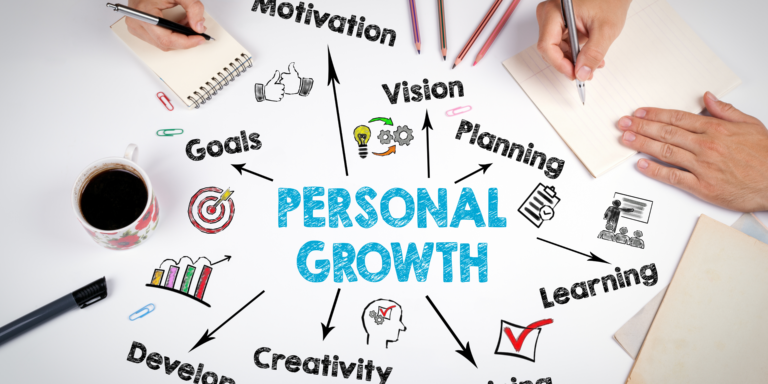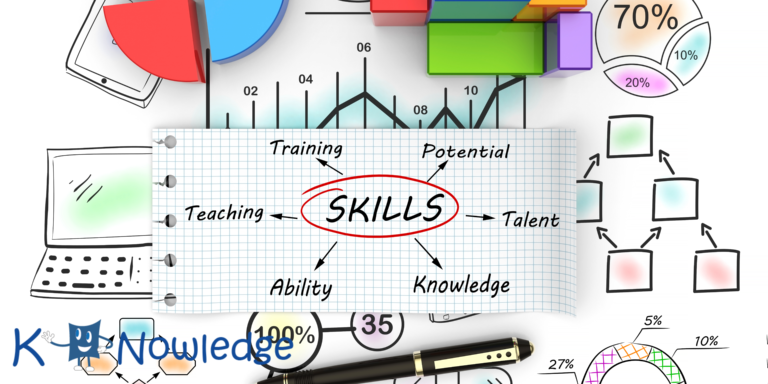what is the definition of a critical thinker?

Have you ever wondered what it really means to be a critical thinker? You might have heard the term thrown around a lot, especially in the context of self-improvement and personal development.
But what does it actually entail? In this article, we’re going to answer the question what is the definition of a critical thinker.
What Is the Definition of a Critical Thinker?
So, let’s start with the basics. Critical thinking is the capacity to assess information impartially. This skill requires assessing diverse sources such as data, facts, observable phenomena, and research findings to arrive at a well-founded conclusion. In simpler terms, it’s all about thinking clearly and rationally, understanding the logical connection between ideas, and not taking things at face value.
Key Characteristics
Curiosity: A critical thinker is naturally curious. They love to explore and ask questions about everything.
Skepticism: They don’t accept arguments or propositions blindly. Instead, they question them and seek evidence before coming to a conclusion.
Objectivity: Critical thinkers strive to be as unbiased as possible. They recognize their own biases and strive to minimize their influence on their thought process.
Reflection: They constantly reflect on their own thoughts and decisions. This means being aware of one’s own mental processes and evaluating them critically.
Related Article: Best Ways to Improve Critical Thinking
Why is Critical Thinking Important?
In our fast-paced, information-rich world, being a critical thinker is more important than ever. With the sheer amount of information (and misinformation) out there, having the ability to sift through and find what’s accurate is crucial. It helps in making informed decisions, solving problems efficiently, and navigating complex situations both in personal and professional life.
Attributes of a Critical Thinker
Analytical Skills
Critical thinkers have sharp analytical skills. They can break down complex information into smaller, more manageable parts and understand how they fit together. For example, when faced with a problem at work, a critical thinker will evaluate all aspects of the issue, identify the underlying causes, and develop a strategic solution.
Problem-Solving Abilities
Let me share a personal story here. A few years ago, I was working on a home remodeling project that seemed straightforward at first but quickly turned complicated. The initial plan was to redo the kitchen cabinets. However, once we started, we found out there were issues with the plumbing and wiring behind the walls.
Open-Mindedness
Being open-minded is a hallmark of a critical thinker. This means being willing to consider new ideas and different perspectives. It’s about not being stuck in your ways and being open to the possibility that you might be wrong. This trait is particularly useful in a diverse work environment or in situations where teamwork is essential.
Effective Communication
Critical thinkers are also great communicators. They can express their thoughts clearly and listen actively to others. This helps in building stronger relationships and working effectively in team settings. For instance, during the same remodeling project, I had to communicate with various contractors and suppliers.
Decision-Making
Good decision-making is a direct outcome of critical thinking. By considering all possible options and their consequences, critical thinkers can make well-informed decisions. This doesn’t mean they always get it right, but they are more likely to make decisions that are reasoned and thought out.
The Role of Critical Thinking in Self-Improvement
Personal Growth
Critical thinking is crucial for personal growth. It encourages self-awareness and self-reflection. By constantly questioning and evaluating your thoughts and actions, you become more aware of your strengths and weaknesses, which is the first step towards improvement.
Career Advancement
critical thinking is a highly valued skill. Employers look for individuals who can think on their feet and solve problems effectively. Whether you’re in management, engineering, healthcare, or any other field, critical thinking can set you apart and help you climb the career ladder. I’ve seen this firsthand in my career as a remodeling expert.
Enhanced Relationships
Relationships, whether personal or professional, benefit greatly from critical thinking. By understanding different viewpoints and communicating effectively, critical thinkers can build stronger, more meaningful relationships.

Developing Critical Thinking Skills
Self-Reflection
One of the best ways to develop critical thinking skills is through self-reflection. Take time to think about your thoughts and actions. Ask questions like, This practice helps in becoming more aware of your thought processes and identifying areas for improvement.
Continual Learning
Never stop learning. Stay informed about various topics and keep your mind active. Read books, participate in workshops, and engage in discussions. The more knowledge you have, the better equipped you are to think critically.
Practice Questioning
Adopt a habit of questioning everything. Don’t take information at face value. Ask questions such, “Are there alternatives?” This will help in developing a deeper understanding of issues and making more informed decisions.
Engage in Discussions
Participate in debates and discussions. Engaging with others who have different viewpoints can challenge your thinking and help you see things from different perspectives.
Practical Exercises for Enhancing Critical Thinking
Mind Mapping
Mind mapping is a fantastic tool for organizing your thoughts and ideas. It involves creating a visual representation of your ideas, which can help you see connections and develop a deeper understanding of the topic.
Case Studies
Analyze case studies to apply critical thinking in real-world scenarios. This practice can help you develop problem-solving skills and understand how to apply theoretical knowledge practically.
Brainstorming Sessions
Engage in brainstorming sessions to generate diverse solutions and ideas. This practice encourages creative thinking and helps in exploring different possibilities.
Journaling
Keep a journal to document your thoughts and decisions. Writing down your ideas can help you reflect on them later and see how your thinking has evolved. It’s also a great way to track your progress and identify patterns in your thought processes.
Related Article: How to Improve Critical Thinking
Conclusion
To sum it up, being a critical thinker is about being curious, skeptical, objective, and reflective. It’s a valuable skill that can enhance your personal growth, career advancement, and relationships.
By enhancing your critical thinking skills, you can enhance your ability to make decisions, solve problems more effectively, and navigate the complexities of life with greater ease.
So, start questioning, keep learning, and never stop reflecting. Your journey to becoming a critical thinker begins now!






